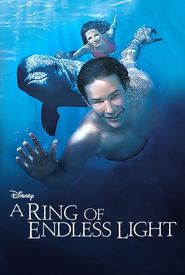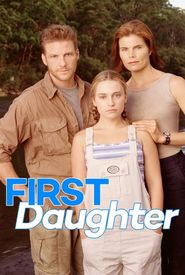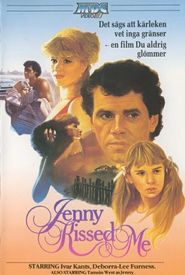Son of renowned Australian jazz pianist Frank Cull and vocalist Mollie Carey, Arron embarked on a journey to pursue his passion for the performing arts. He left his hometown of Adelaide to study at Sydney's esteemed EnsembleTheatre under the guidance of American actor and director Hayes Gordon.
His first professional role was a significant one, starring in the original Australian production of the rock musical 'Hair'. He showcased his impressive vocal range by singing the solo 'My Conviction' and delivering Shakespearean lyrics in 'What a Piece of Work is Man'. Following his stint in 'Hair', Arron spent a year as a resident actor with Brisbane's Twelfth Night Theatre, where he honed his craft and developed his skills.
However, after a brief foray into the world of theater, Arron took a hiatus to focus on his personal growth, studying Hatha and Raj Yoga. He later resumed his studies in Denver, Colorado, at the Theatre Arts Conservatory, where he sat in on drama classes at the University of Denver.
Upon returning to Australia, Arron made his film debut in the award-winning short 'Employing Strategy', which premiered at the New York Film Festival and earned a Bronze Award in 1983. He then landed guest roles in various Australian television series, before being cast in the critically acclaimed role of American Haden Clarke in the true story 'The Lancaster Miller Affair', also known as 'Victim of Passion' in the UK.
This was followed by recurring roles in the popular Australian TV series 'Neighbors' and 'Fire', as well as two award-winning theater roles in the 1990s, where he took on the title roles in the circus musical 'Barnum' and Pinter's 'The Lover'.
In addition to his acting career, Arron has also ventured into writing and directing. He penned, directed, and acted in the 35mm short film 'The Wake', and in 2011, he completed an Arts Degree, majoring in Justice and Media. He has since resumed his acting career, with a recurring role in ABC's legal drama 'Crownies', and currently resides in Sydney, Australia.
























